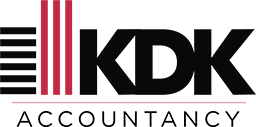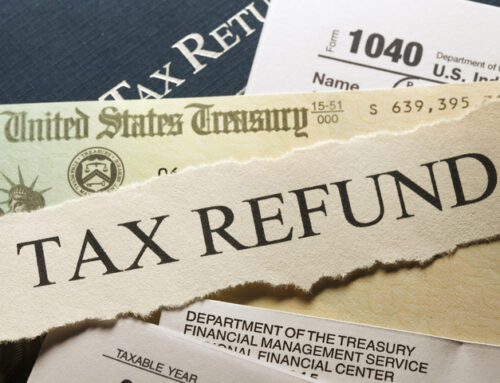Operating your own business has many advantages but also brings unique stresses and challenges, especially at tax time. Unfortunately, while wealthy corporations know how to seize every tax advantage, small companies and independent contractors often end up paying more taxes than necessary.
Small businesses are vital to the economy, which is why the government provides tax breaks to help you out. Find out which expenses you can write off to maximize your deductions.
A Home Office or the Business Use of Your Home
Any space that you use exclusively for your business on a regular basis permits you to receive a tax deduction. In fact, the area does not have to be a separate room. If you have a corner of the house that is your dedicated workspace, that counts.
You have two options for calculating your home office deduction. The simplified method lets you deduct $5 per square foot up to a maximum of $1,500.
However, the regular method can offer a larger write-off. Start by determining the percentage of your home’s floor space that you use for business. You can then deduct the portion of your home’s expenses that correspond to that location. These costs include your mortgage or rent, insurance, utilities, repairs, cleaning services, and depreciation.
Travel Expenses
Expenses for business travel that lasts longer than an ordinary workday are also tax deductible. You can also deduct travel costs if they involves time that includes sleep or if the activities occur outside of your normal location of business.
You need to have a specific business purpose for the trip. You can’t just handle a few company interactions while you’re away on vacation and make the excursion a write-off. The purpose of your travel might include taking classes, finding new clients, or meeting with current clients.
Though you shouldn’t overdo it with the expenditures, you don’t have to use the cheapest option for everything. Any fees for transportation to the location, travel around the destination, lodging, and meals are valid deductions.
Professional Development and Education
You may see the need for education to maintain or improve skills that relate to your existing business. The cost for this training is tax-deductible and includes associated expenses. The primary limitation is that the skills you acquire must relate to your current business and not be to prepare you for a new venture.
Insurance Premiums
Insurance premiums for policies that protect your business are another deductible payment. Remember to keep records of your coverage for general liability, property, income, fire, and credit.
Additionally, you can often deduct your health insurance premiums for yourself and your family as a self-employed person. Verify that you are not eligible to participate in a plan through your spouse’s employer before claiming this deduction.
Practical Help for Finding All of Your Deductions
There are several other expenses you can likely deduct. However, you probably lack the time to invest in researching every write-off and completing the necessary documentation. The best way to ensure you seize every tax advantage you deserve is to enlist the help of a tax professional.
KDK Accountancy Corporation is here to help. Contact our team at (407) 759-5363 to have a FREE consultation so we can help you determine how to fully maximize your deductions.






